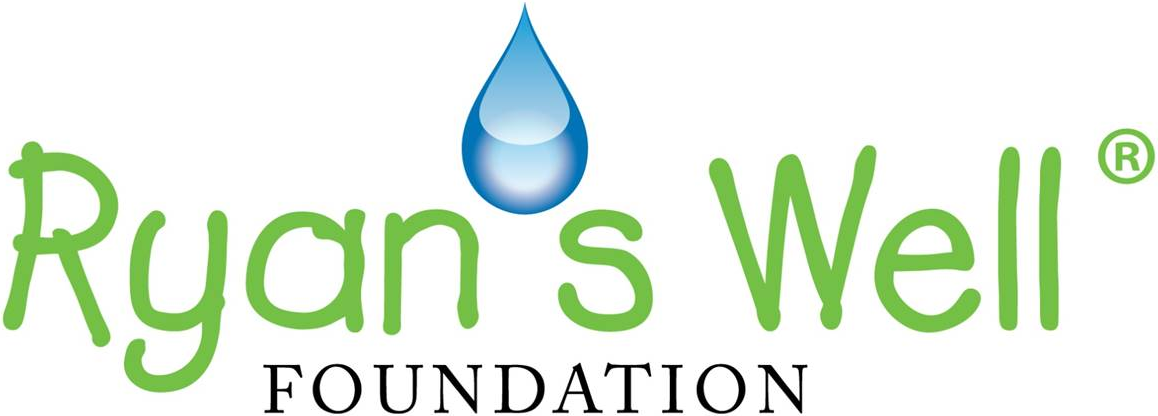Sunten, a midwife in Ghana, talks to us about the impact of having access to clean water.
Drawing on data from 54 low- and middle-income countries, the WHO concludes that 38% lack access to even rudimentary levels of water, 19% lack sanitation and 35% do not have water and soap for handwashing.
The consequences of poor WASH services in health care facilities are numerous. Health care associated infections affect hundreds of millions of patients every year, with 15% of patients estimated to develop one or more infections during a hospital stay (Allegranzi et al., 2011). The burden of infections is especially high in newborns. Sepsis and other severe infections are major killers estimated to cause 430,000 deaths annually. The risks associated with sepsis are 34 times greater in low resource settings (Oza et al., 2015). Lack of access to water and sanitation in health care facilities may discourage women from giving birth in these facilities or cause delays in care-seeking (Velleman et al., 2014). Conversely, improving WASH conditions can help establish trust in health services and encourage mothers to seek prenatal care and deliver in facilities rather than at home – important elements of the strategy to reduce maternal mortality (Russo et al., 2012).
To learn more about the importance of WASH in health care settings, click here.
1 Response
Leave a Reply
You must be logged in to post a comment.

Awesome post! Keep up the great work! 🙂